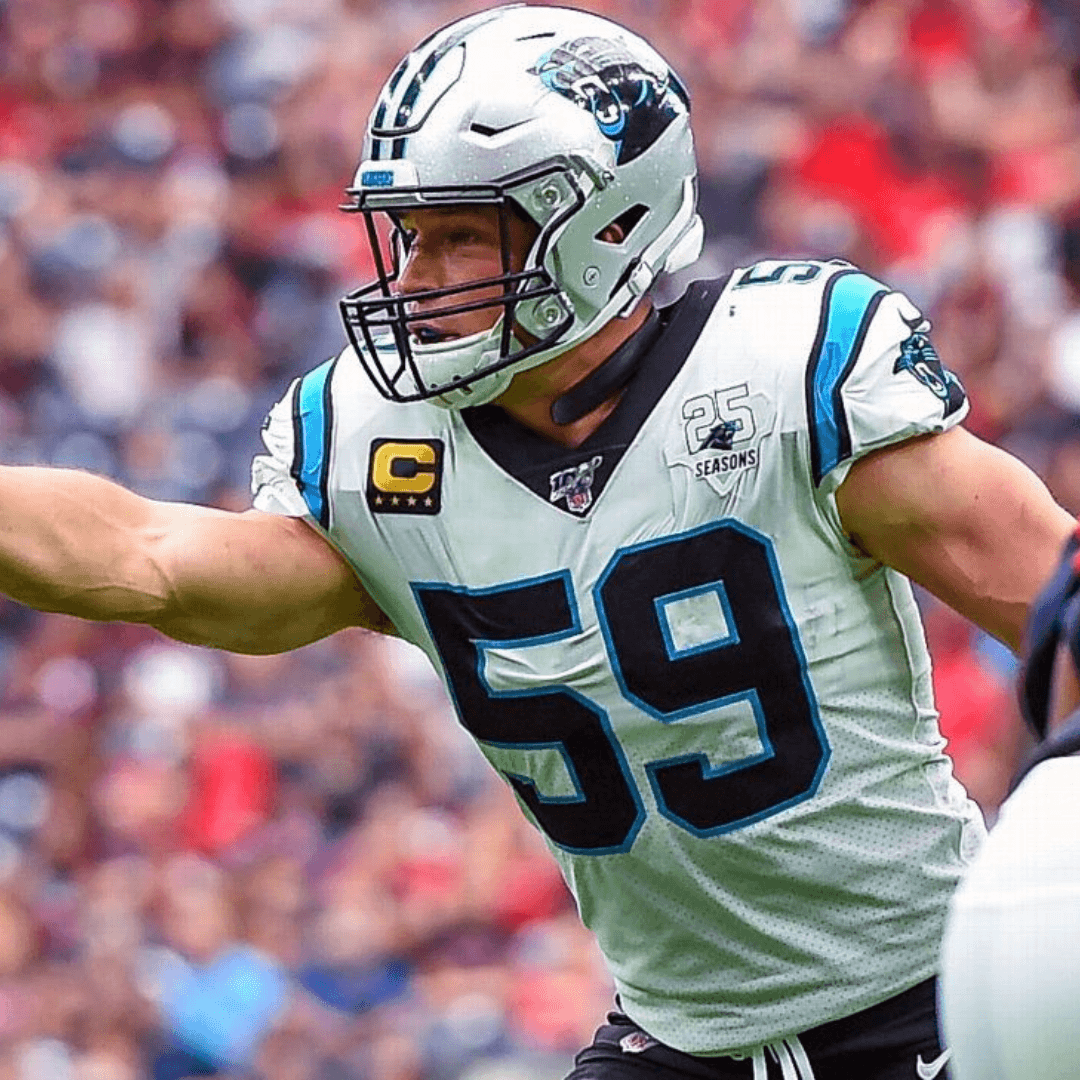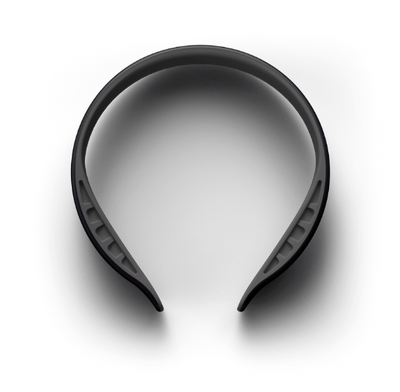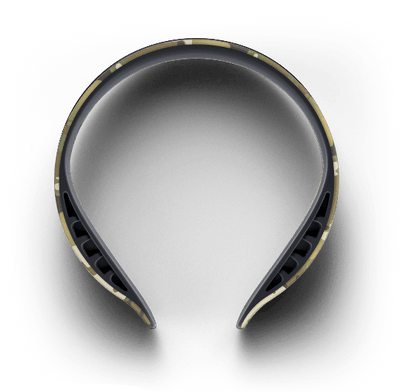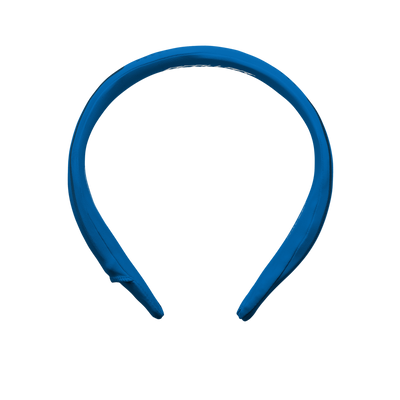After an eight-year NFL career in which he was recognized as an All-Pro seven times, Luke Kuechly cemented his status as one of the greatest linebackers the sport has ever seen. Although Luke hung up his pads, he has remained around the sport through multiple avenues including working as a Pro Scout for two years with the Carolina Panthers, coaching youth football, and through his involvement with the Q-Collar.
Now a member of Q30’s Athlete Advisory Board, we had the chance to sit down with Luke to discuss why he chose to retire, his life after football, and what he hopes his legacy in the sport is.
To learn more about Luke's football journey and his relationship with Q-Collar, check out Part 1 and Part 2 of our three-part blog series.
At what point did you start thinking it was time to stop playing football?
“I’d say it was really towards the last few games of my eighth season. I had some other stuff going on. I couldn’t play the way I wanted to. It was one of those things that I thought about the last few games, and when the season ended, I thought about it some more. I think the moment you start thinking that you can’t play the way you’re accustomed to, then it’s like ‘alright, you’re done.’ I think once you turn that mental switch off, you can’t really turn it back on. It’s different for other guys, but for me, my mindset in my career was that I’m going to play full-tilt every play. I then got to the point where I didn’t think that I could do that anymore. It was a difficult decision because I feel I may have been able to make it through another season or two. I probably would have played at like a sub-par level.
It was a very difficult decision for me because I love the game and everything about it. I thought I owed it to the guys on the team that if I didn’t feel like I could play the way they needed me to and to be there mentally, then I would be done. Once you’re not mentally there, it doesn’t matter if you can physically still do it. I didn’t think I could attack in the same way. I didn’t feel like I could be as aggressive and physical as I wanted to with guys. I wouldn’t say my body really feels better now than it did when I was playing. I think you understand that the accumulative aspect of playing means that you’re eventually going to get beat up. All the stuff that I enjoy doing is very physically demanding. I just knew I wasn’t feeling good, and I knew it wasn’t going to get any better. I didn’t want to double down and continue to make it feel worse because I had other stuff that I wanted to do in my life."
Is there anything you could change if you went back and did it over again?
“Rookie Luke sought advice from other guys. I think a lot of it is about stuff that you do outside of the facility. A lot of it was about how you take care of your body. One of the biggest pieces of advice I wish I took was having someone help me with meals. I used to cook for myself, but it would have been one less thing that I’d have to think about. I always thought that the less decisions that I had to make during the day, the better. Food was always a decision. Some of the older guys said ‘No, this is a guy. Here’s his number. Tell him what you want. Give him your bloodwork and tell him what you can eat. He then comes and gives you four meals during the week.' You eat those and then you don’t need to think about it. The second thing that I wish I had done was more body work. Whether that’s chiropractic, massage during the season and in the offseason. You feel good as a young guy, but as you age, stuff sneaks up on you. Like Christian (McCaffrey), he is the king of taking care of himself. He’s always done it and I’m very envious of him that he took advantage of him as a young player. He understands his body. He knows what he needs. Everything he does to take care of his body is so dialed in which is why he is the player that he is."
Who had the greatest impact on your career?
“Well, my parents obviously. Without them, you don’t get to where you’re going to go, right? There were a million things they did that were beneficial to my career. They were supportive. They put me in good situations. Especially when I got down to Carolina, they were always at games. That was a huge deal for me because you work so hard, but sometimes you just want to be around your family. They would show up and hang out for a few days. Whether it was in my little apartment, or here in my place now. It was awesome. Some of it was after home games, we’d come back to my house and make dinner. I’d sit on the couch and watch Sunday Night Football with my mom. That was the best day of the week. I think there can be a lot of guys on the team that have an impact on your career. But the biggest thing that had an impact on me was that my parents were at games. They’d hang around after the games and they were just your parents. They didn’t care about how I played. We could get smoked, or we’d win, and it would be the same thing. I love that. Just even keeled. That was always something to look forward to for me.”
What kind of legacy do you want to leave in your career?
“I think if you talk to a lot of guys in sports, really anything you do in life, you want to be remembered not so much as the player you were. There are a million good players. You want to be remembered more by the kind of teammate that you were. Did guys like playing with you? Did you impact guys in a positive way? When you come back, are people excited to see you? I think that ultimately is what it’s about. I think it’s way more difficult to be a good teammate than it is to be a good player. I think it’s easy to be one or the other than to be both. But I think being a good teammate is more important than being a good player. If you were a good teammate, it means you treated people the right way.”
Now that you’ve transitioned out of the game, tell us about your recent coaching experiences and how you have been working to teach the next generation of players?
“I want to help that younger generation get to where they want to go to. One way to do that is by how you teach them. For me, I had all these drills I did as a linebacker that I loved. They have this application to the game. Then you apply it to working with kids, and maybe they don’t feel the same way that I do about it. So, then it’s not about me, it’s about how they learn the best. What’s the most beneficial to them?
The first four practices of me coaching, I’d do all these drills. However, they weren’t really getting anything out of it. Then, I had to look at myself to figure out why. I had been doing these drills for so long, so I needed to adjust and figure out what the best way for them is to learn and improve. It took me a second to realize that it’s not all about me, it’s about them and how they learn. I’m still learning and I’m hoping that I can help them get to where they need to get to. The kids are awesome. They do exact what you tell them to do. They try. It’s important to them and you have to give them the best tools that you can for them to be successful. It’s been a learning experience, but it’s been a lot of fun.”
Why do you love coaching as much as you do?
“More than anything, I love having a positive impact on somebody else. I love when it allows somebody to learn because there’s a lot of guys who I played with in my career that taught me a lot, parted a lot of wisdom on me and helped me get to where I wanted to get to. Since people gave me all of that, all I wanted was to re-pay it to guys on our team now, or little kids that I’m working with. Everybody has had a positive interaction with somebody throughout their athletic career. I want to find a way to make it be me for other people.”
What has your involvement been like with Q-Collar since you retired from playing?
“There are so many reasons why guys stop, whether they’re old, their play declines, injuries, or some business reason. If we can find ways to get rid of some of those, then why wouldn’t we help guys? That’s kind of how I got back involved. From there, I’ve gotten to meet cool people, it’s been fun to work with Bryan Offutt and the military guys. We’ve been up to Virginia Beach to see the Seals. We’ve seen Best Ranger down in Georgia. I’ve been to Shot Show. I think all that stuff for me is fun, especially with the guys in the military. I think it’s fascinating what those guys do. The guys that we’ve been around, especially the special operations guys, are the people I’ve spent the most time around.
Finding a way to help these guys is important, but it’s also cool. I enjoy those guys’ mindsets in terms of what they do and why they do it. That to me has been a really cool aspect of working with Q-Collar. One thing that’s different about the military with the Q-Collar is that you can’t really get hit the same way twice in football, but in the military it’s a little more controlled like ‘hey, we’re going to go shoot this gun and we’re going to burn this many rounds through it.’ You can see how you feel with it off, and then when you put it on, you can see how differently you feel when doing the same exact thing. That’s another thing I find cool about the military aspect of this. The use cases are very specific and controlled versus sports where you won’t really see the same hit. Therefore, you can get a greater anecdotal understanding of how the product works that you wouldn’t necessarily get in football. Plus, those guys are awesome and any way to protect them is great.”








